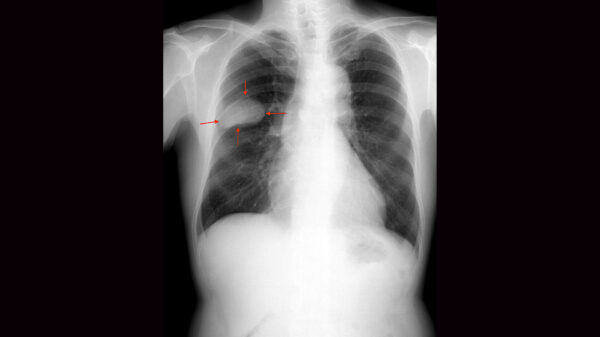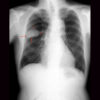Artificial intelligence can now forecast an individual’s future health problems just like meteorologists forecast the weather.
Thanks to the European Medical Biology Laboratory in Germany and its new Delphi-2M model, determining a person’s likelihood of getting over 1,000 diseases is now possible.
The research organization and its partners trained their AI bot with anonymized data from over 402,000 patients in the UK Biobank. Additionally, it analyzed data from almost 2 million subjects in the Danish National Health Registry. Delphi-2M can predict disease onset more than a decade in advance by assessing an individual’s medical history, lifestyle and other factors.
“This study showcases the potential of generative AI in modelling human disease progression on a large scale, tested across two distinct healthcare systems,” said study author Søren Brunak from the University of Copenhagen.
As specified in the investigation, the architecture for Delphi-2M is based on OpenAI’s GPT-2 model.
The EMBL collaborated with the University of Copenhagen and DKFZ German Cancer Research Center on the next generation medical endeavour. Their research on the matter was published in Nature on Wednesday.
“As a physician working in longevity and precision health, I see this as the start of a new paradigm,” commented one medical professional, “one where disease prevention becomes anticipatory, continuous, and truly individualized.”
Despite the AI model’s success in the assessment, it needs to be developed further and tested more extensively before it can be used in clinical settings. Although its demonstrated accuracy is highly promising, the AI bot’s level of precision is limited.
“Like weather forecasts, our model provides probabilities, not certainties,” said contributing researcher and division head of the DKFZ centre, Moritz Gerstung. “Much like predicting a 70 per cent chance of rain tomorrow.”
The team who put the study together also say that Delphi-2M could potentially serve as an extension to large language models.
“Similarly to systems that provide LLMs with query-relevant web search results to reduce hallucinations, a future healthcare-oriented LLM could invoke a Delphi-based model to improve the numerical accuracy of the generated replies,” the authors specified.
The first large language health model that predicts >1,000 diseases and the time they will occur in a person was just published @Nature, by @MoritzGerstung @artem_shmatko and colleagues https://t.co/Bp6ZJ25PKF
This, along with other recent groundbreaking reports, represents the… pic.twitter.com/GfFHkgcyps— Eric Topol (@EricTopol) September 17, 2025
Read more: Breath Diagnostics adopts state-of-the-art mass spectrometer device for lung screening
Read more: Breath Diagnostics tech achieves pneumonia prediction breakthrough in peer-reviewed study
Follow Rowan Dunne on LinkedIn
rowan@mugglehead.com













